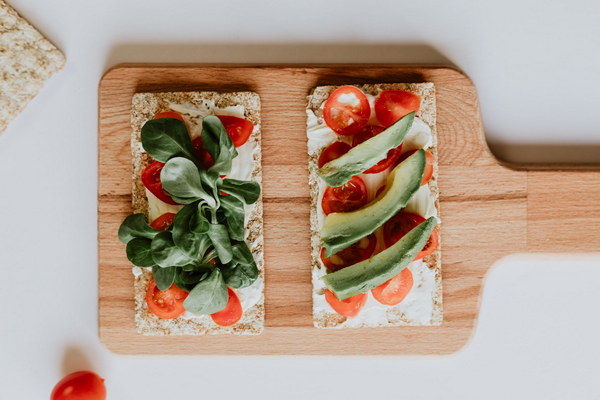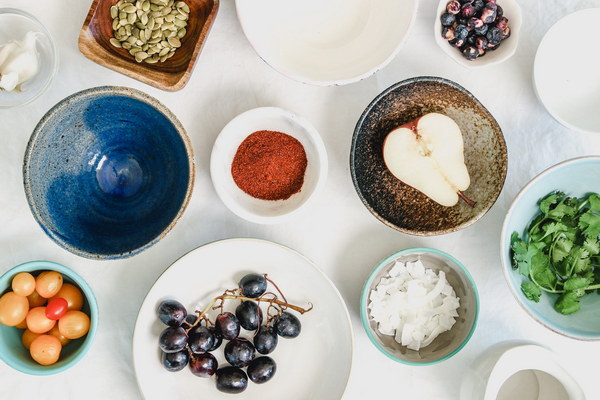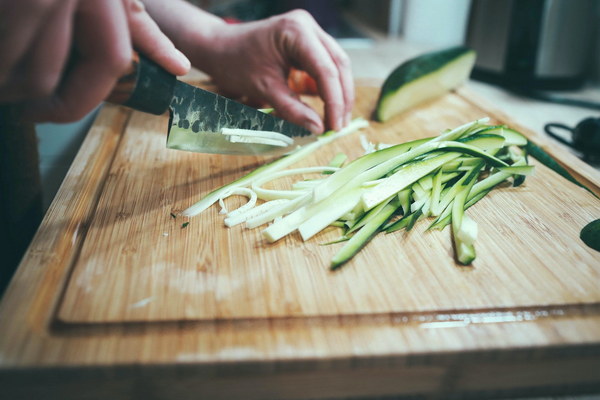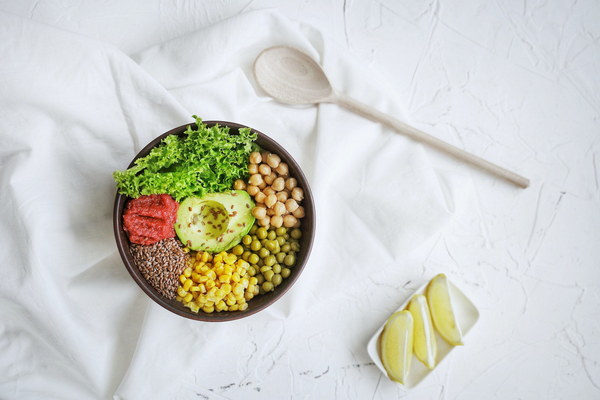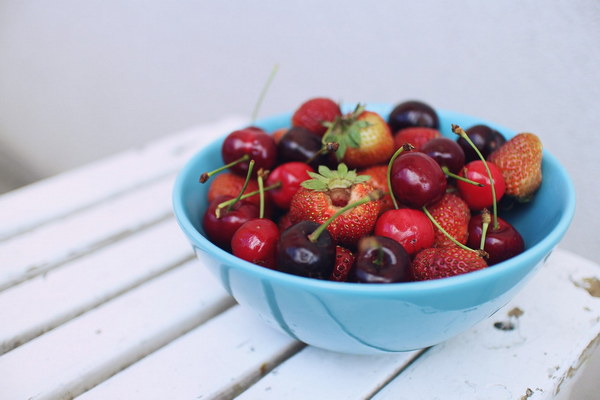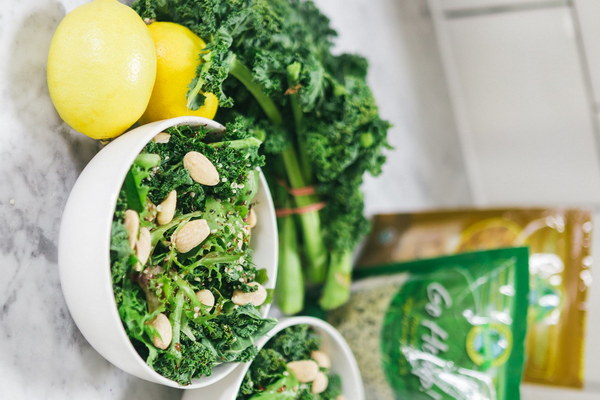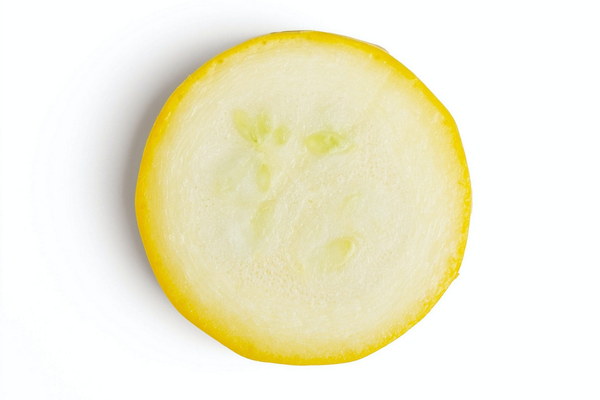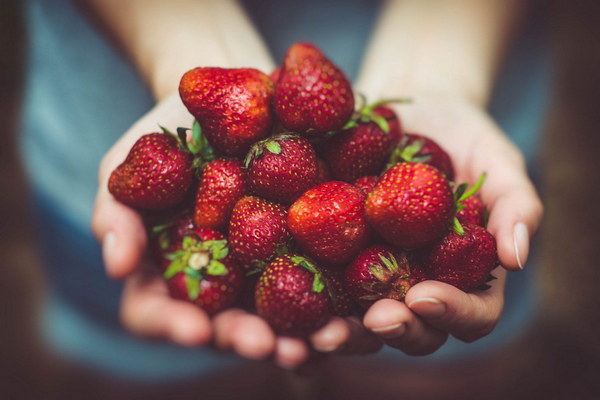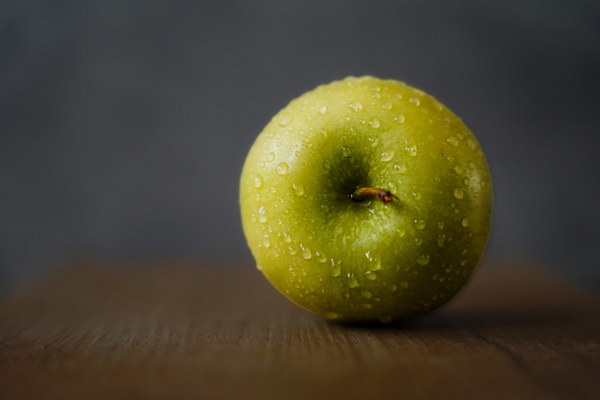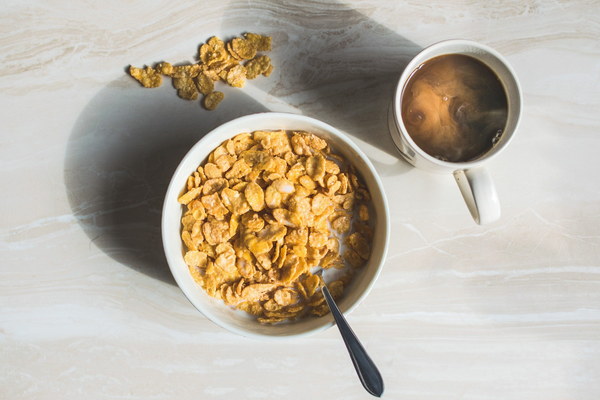Boost Your Kidneys with These Renal-Friendly Foods A Nutritionist's Guide
Boost Your Kidneys with These Renal-Friendly Foods: A Nutritionist's Guide
The health of our kidneys is paramount to our overall well-being, as they play a crucial role in filtering waste products from the blood and maintaining the balance of fluids in our bodies. While medical treatments and medications are essential, certain foods can directly support kidney function and help keep them healthy. Here's a nutritionist's guide to what you should include in your diet to bolster your kidneys' natural defenses.
1. Berries: The Kidney's Natural Antioxidants
Berries, such as strawberries, blueberries, raspberries, and blackberries, are not only delicious but also packed with antioxidants. These tiny powerhouses can help reduce inflammation and oxidative stress, which are both contributors to kidney damage. The high vitamin C and anthocyanin content in berries can also aid in maintaining the integrity of the blood vessels, which is essential for kidney health.
2. Fish: Omega-3's for Kidney Protection
Fish, especially fatty varieties like salmon, mackerel, and sardines, are rich in omega-3 fatty acids. These essential fatty acids have been shown to reduce the risk of chronic kidney disease and may help prevent the progression of kidney damage. Omega-3's also help lower blood pressure and reduce inflammation, which are both beneficial for kidney health.
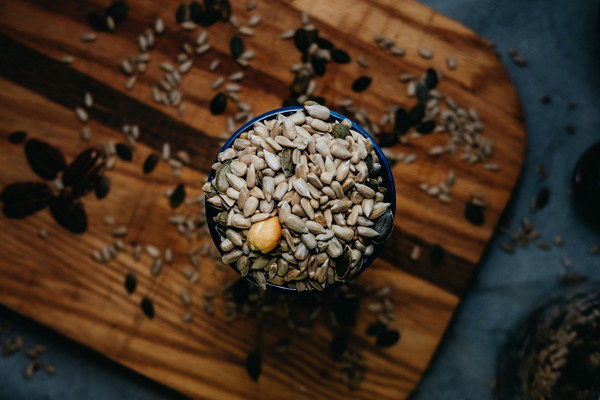
3. Dark Leafy Greens: The Green Guardians
Dark leafy greens like spinach, kale, and Swiss chard are high in antioxidants and essential nutrients that support kidney function. These greens are packed with vitamins K, A, C, and E, as well as folate and potassium. They can help maintain the proper balance of minerals in the blood, which is critical for kidney health.
4. Watermelon: Hydration is Key
Watermelon is not only a hydrating fruit but also contains compounds that may help protect the kidneys. The high levels of citrulline, an amino acid, can improve blood flow and kidney function. Staying well-hydrated is essential for kidney health, and watermelon is a refreshing way to increase your fluid intake.
5. Nuts and Seeds: Healthy Fats for Kidney Health
Nuts and seeds, such as almonds, walnuts, chia seeds, and flaxseeds, are excellent sources of healthy fats, protein, and fiber. These nutrients can help reduce inflammation and lower cholesterol levels, which are both important for kidney health. The antioxidants found in nuts and seeds can also protect against oxidative stress.
6. Garlic: The Kitchen Medicine
Garlic is a versatile spice that has been used for centuries for its medicinal properties. It contains compounds that can help lower blood pressure and reduce the risk of kidney disease. Garlic may also help improve blood flow and protect against oxidative stress.
7. Apples: Fiber and Antioxidants
Apples are a great source of dietary fiber, which can help lower cholesterol levels and reduce the risk of kidney disease. The high water content in apples also aids in hydration. Additionally, the antioxidants in apples can help combat free radicals and protect against kidney damage.
8. Legumes: Protein Powerhouses
Legumes like lentils, chickpeas, and black beans are excellent sources of plant-based protein and fiber. They can help reduce the workload on the kidneys by providing a complete protein source without the high levels of phosphorus found in animal proteins, which can be harmful to the kidneys.
9. Cinnamon: The Spicy Kidney Helper
Cinnamon is a spice known for its anti-inflammatory properties. It can help regulate blood sugar levels and reduce the risk of diabetes, which is a leading cause of kidney disease. Adding a sprinkle of cinnamon to your morning coffee or oatmeal can be a simple way to support kidney health.
10. Pomegranate: The Kidney's Fruit
Pomegranate is a fruit that has been shown to have kidney-protective properties. It contains antioxidants and anti-inflammatory compounds that can help reduce the risk of kidney disease and improve kidney function.
Incorporating these renal-friendly foods into your diet can have a positive impact on your kidney health. However, it's important to remember that while diet plays a significant role, it should be part of a comprehensive approach that includes regular exercise, maintaining a healthy weight, and managing any underlying health conditions. Always consult with a healthcare professional or a registered dietitian before making significant changes to your diet, especially if you have existing kidney issues or other health concerns.
